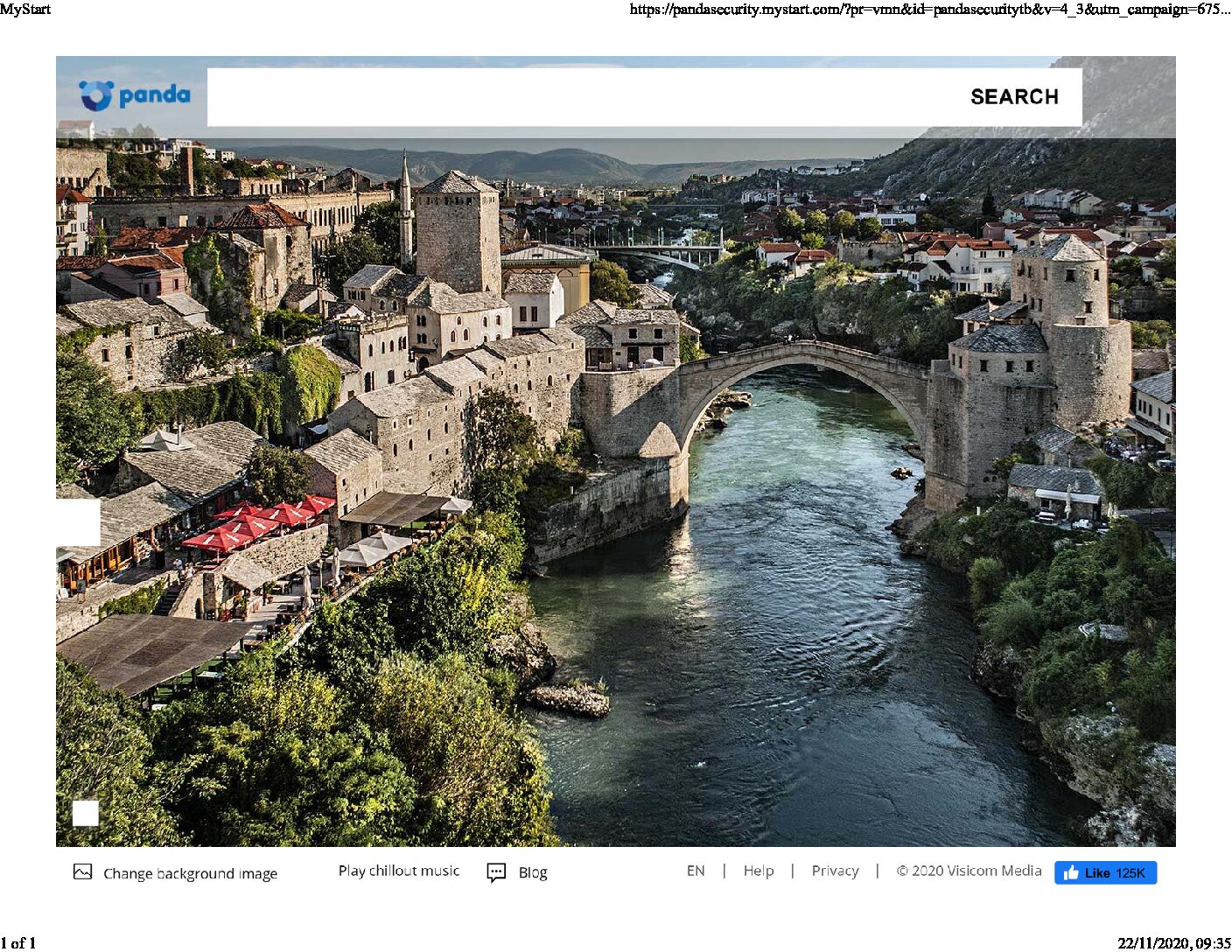Ten years ago, when I was going to business networking meetings, I was part of a team of three people organising meetings in a local pub on alternate Wednesday mornings. I was in charge of sending out email and text invitations, chasing up invitees to confirm numbers, collecting payments and paying the pub for breakfasts consumed, working with a woman in her forties who was an area rep, in charge of a number of fortnightly groups locally. The third member was a an older man (older than I was then but probably younger than I am now), whom I’ll call Charles (I can’t remember whether that was actually his name) who chaired the meetings and was a general figurehead for the group.
The reason I’ve been thinking about him this morning was that he would sometimes give The Talk – there was always a ten minute talk over breakfast, usually given by a guest speaker – who, when I look back now, were probably drafted in from other groups in the region or more widely spread (it was that sort of organisation). I’m guessing that possibly part of Charles’s role was to stand in when no other speaker was available, and his talks were always on a similar theme, the gimmick being that the titles consisted of an increasing number of words beginning with P. This had obviously started long before I’d joined, and would always induce a groan (in the nicest possible way) from the assembly. Anyway, what set me on this train of thought was that a typical example would be: ‘Perfect Planning Prevents Piss-Poor Performance’ or words to that effect.
And the connection is: that as I was lying in bed this morning I was thinking about my inability to plan anything whatsoever. At five thirty I was reviewing my options: walk to beach; take van out for a picnic; stay home and start on editing of TLWB (reading Prague blog posts) etc. The conclusion was to stay home and get on with gardening, which I didn’t do a lot of yesterday, just half an hour or so’s weeding and not planting of plants purchased (I’m starting to sound like Charles), which should really be a Priority (definitely one of the words he would have used) as they will Probably die otherwise.
So I got up shortly after six, did my exercises, made coffee and here I am, doing my daily Post (Pontification? Pronouncement?) – which, incidentally, I am still doing, despite moaning last week, because – it feels important to Persist, in fact, maybe (or even Perhaps) Persistence is Paramount. Some days I dread it, but I always feel better afterwards – no matter what it is, however trivial, or complaining, or ranting, or self-Pitying – even Pathetic or Pointless – the results. I write every day – as long as I’m home, and sometimes even when I’m not – and I stick to my 500 words because it is a discipline, and that’s that. And I Plan to keep on doing so.







